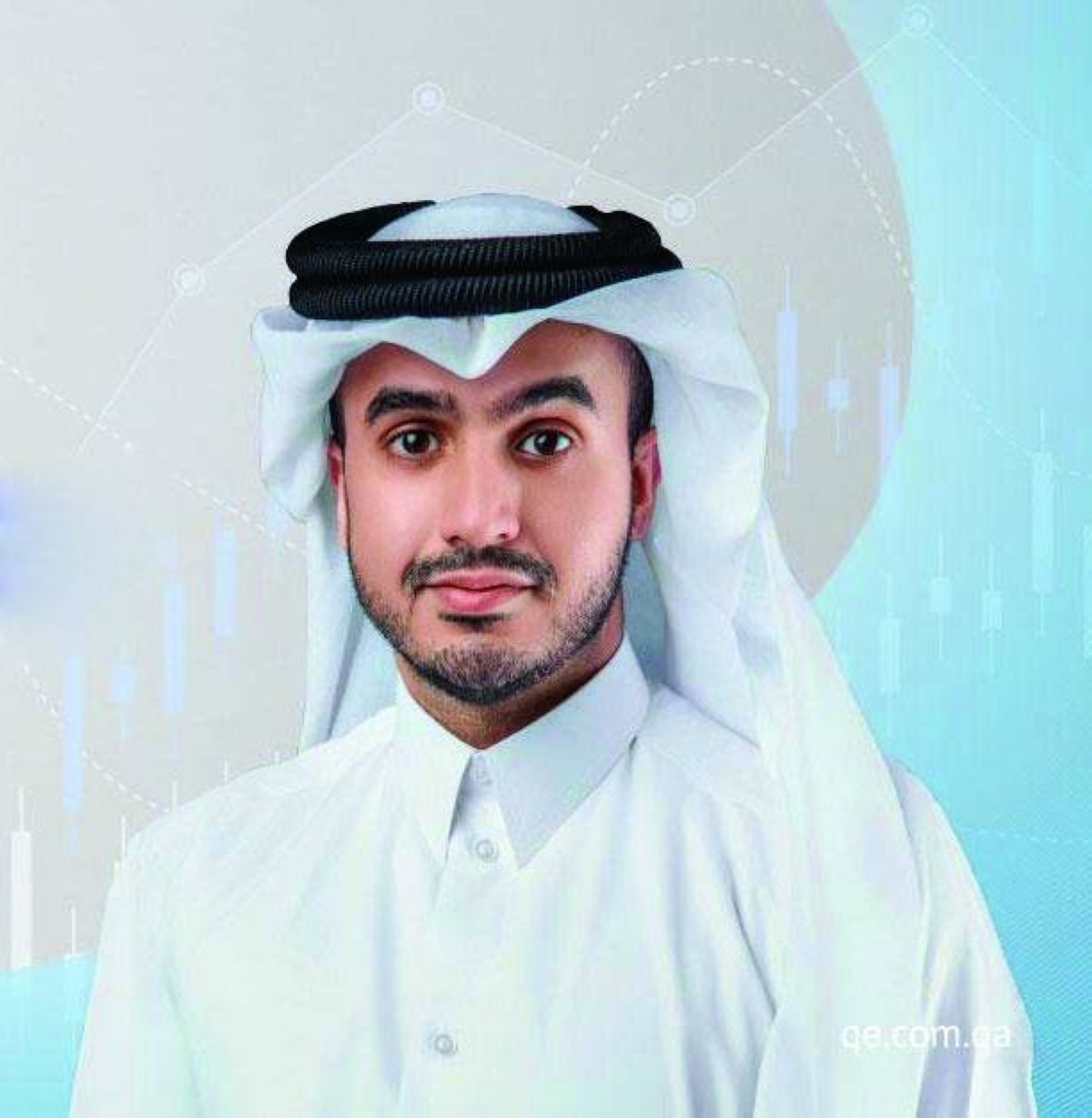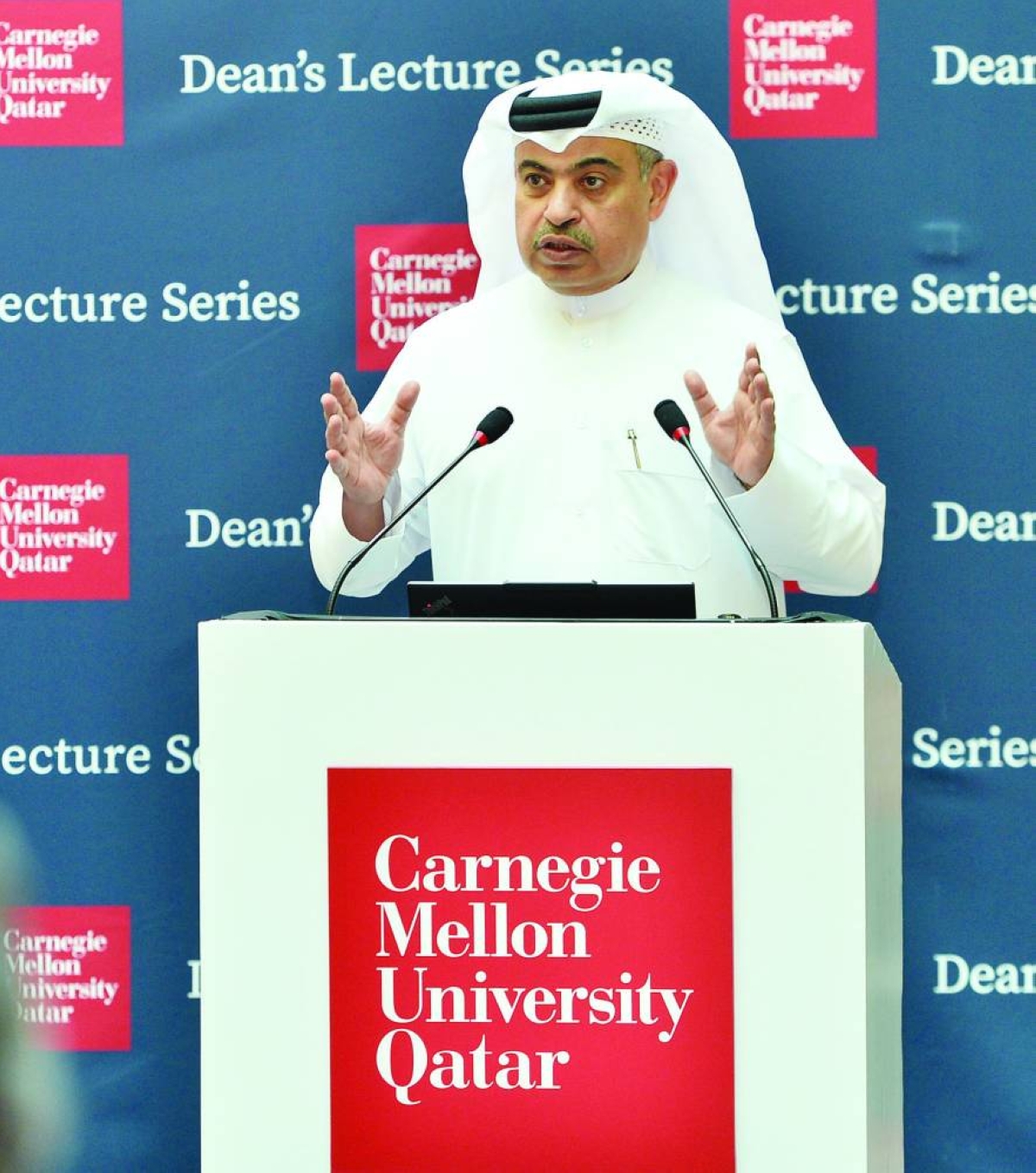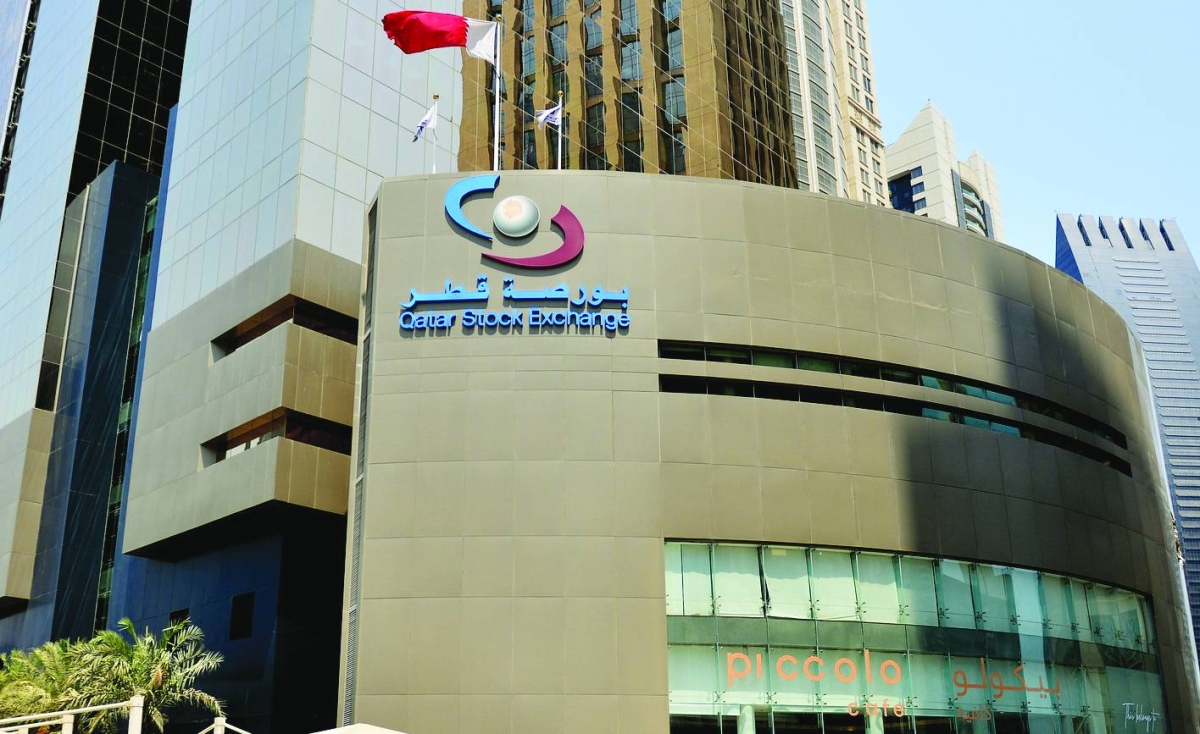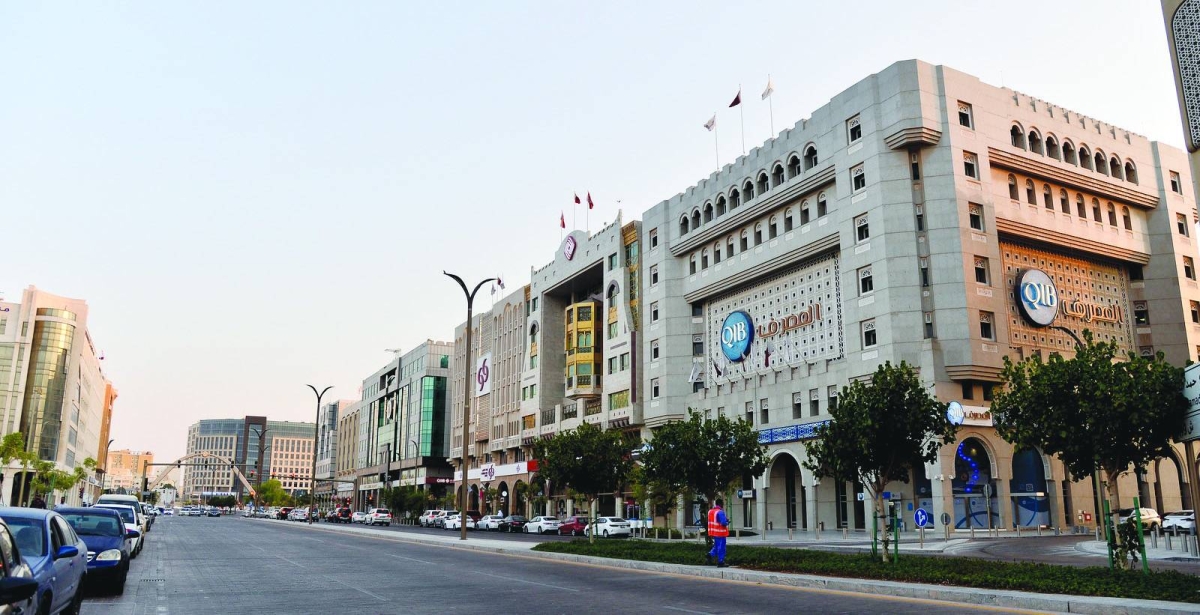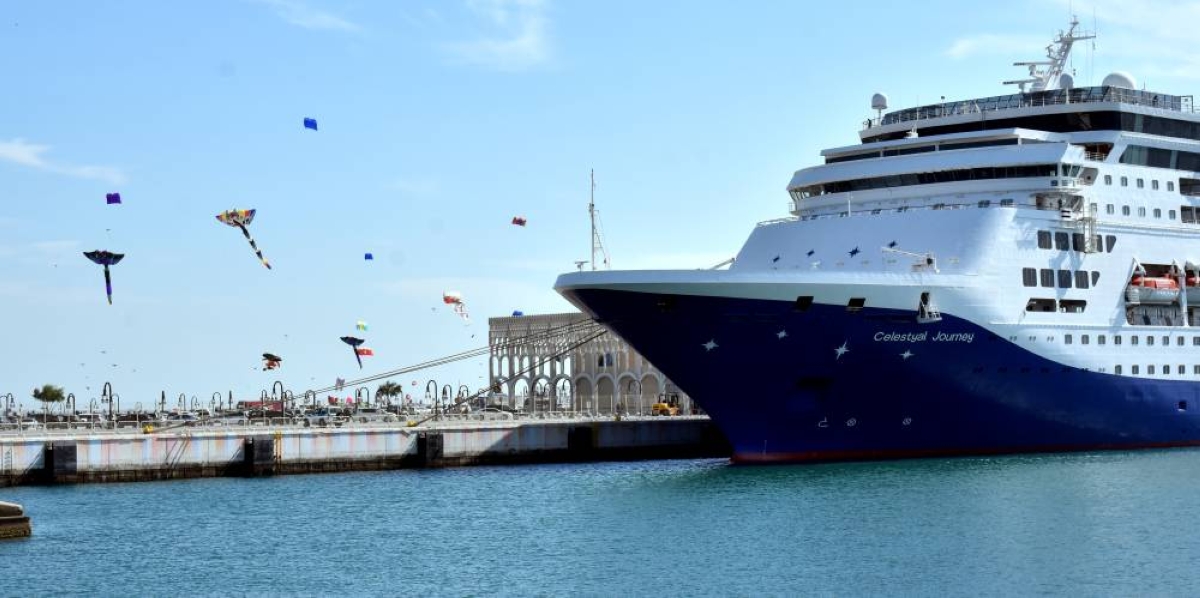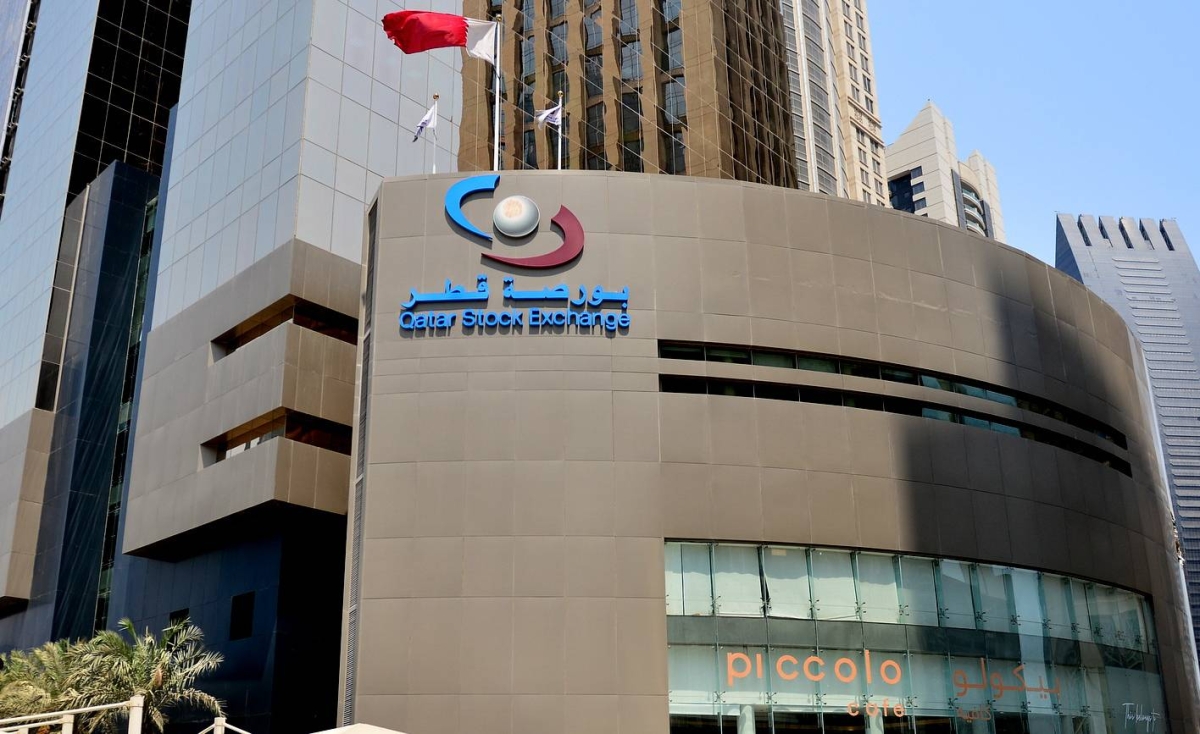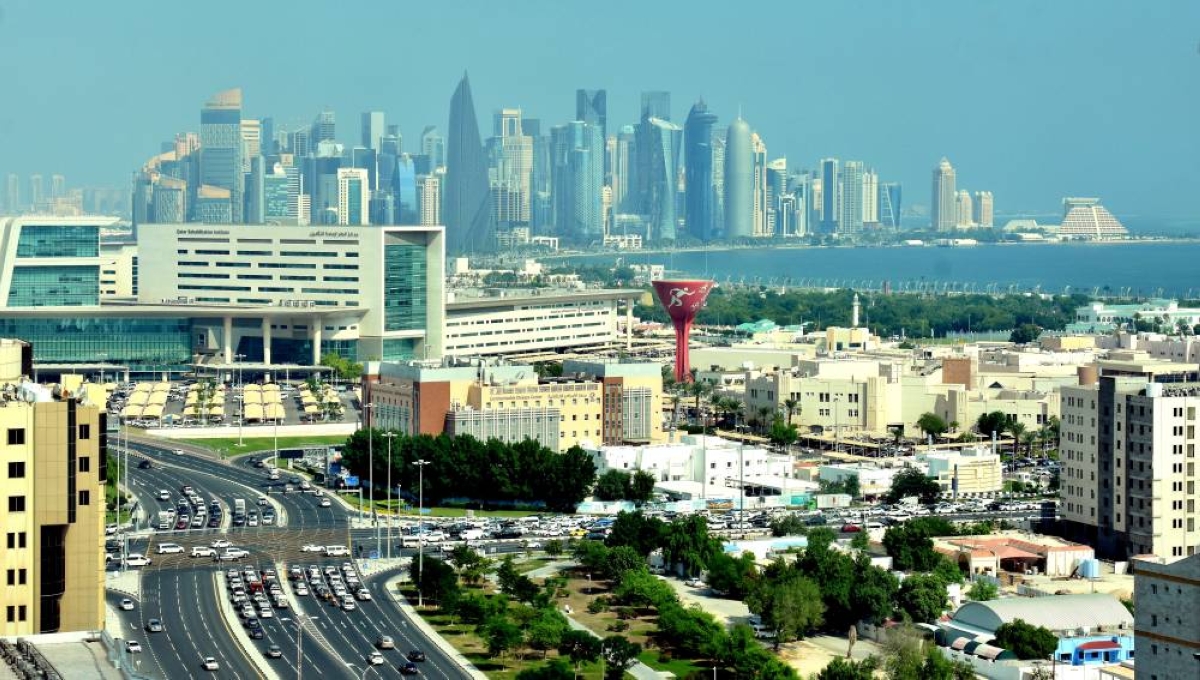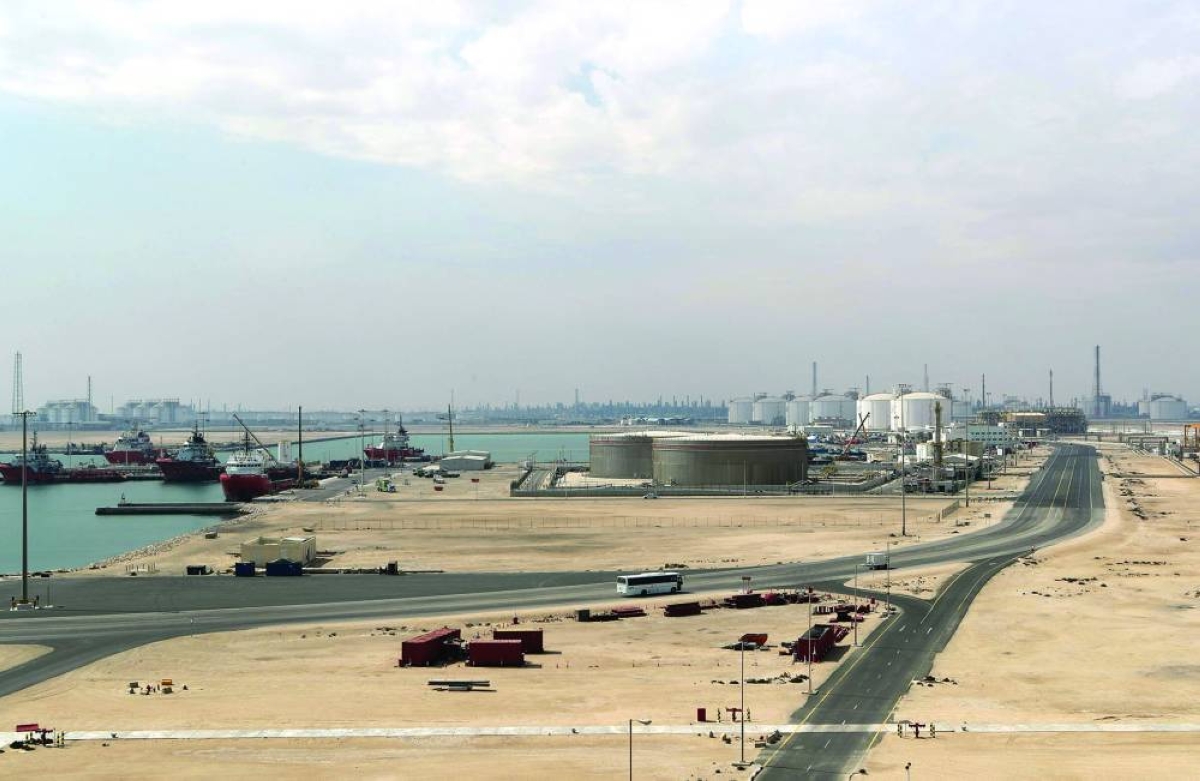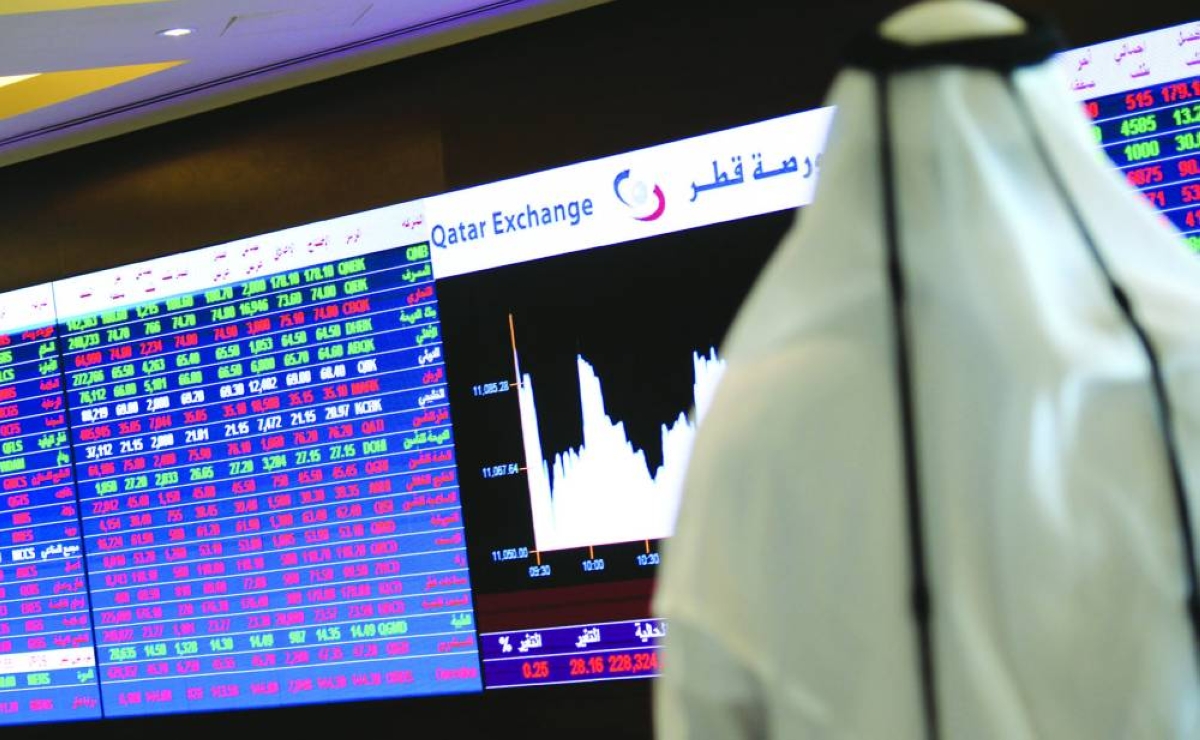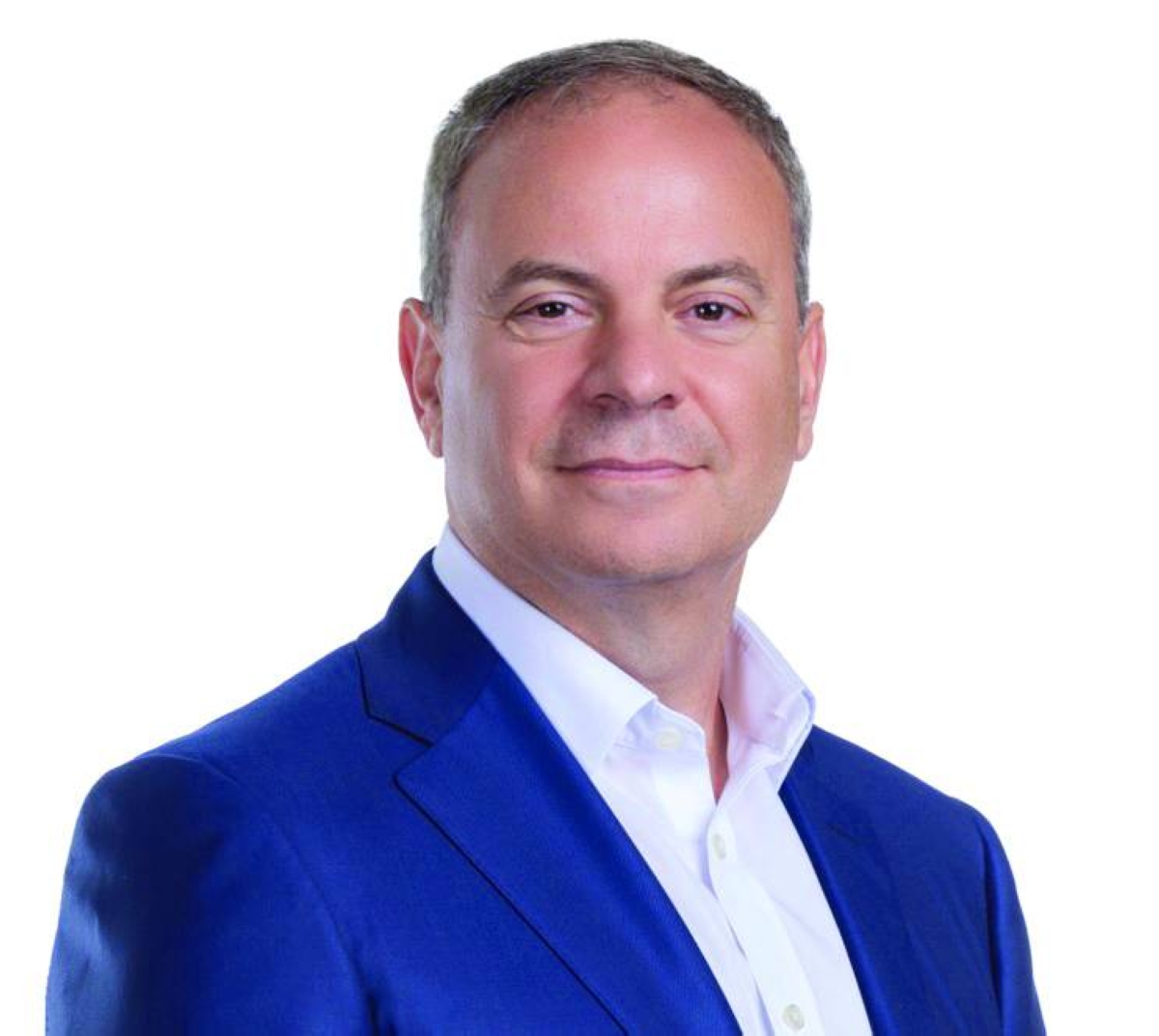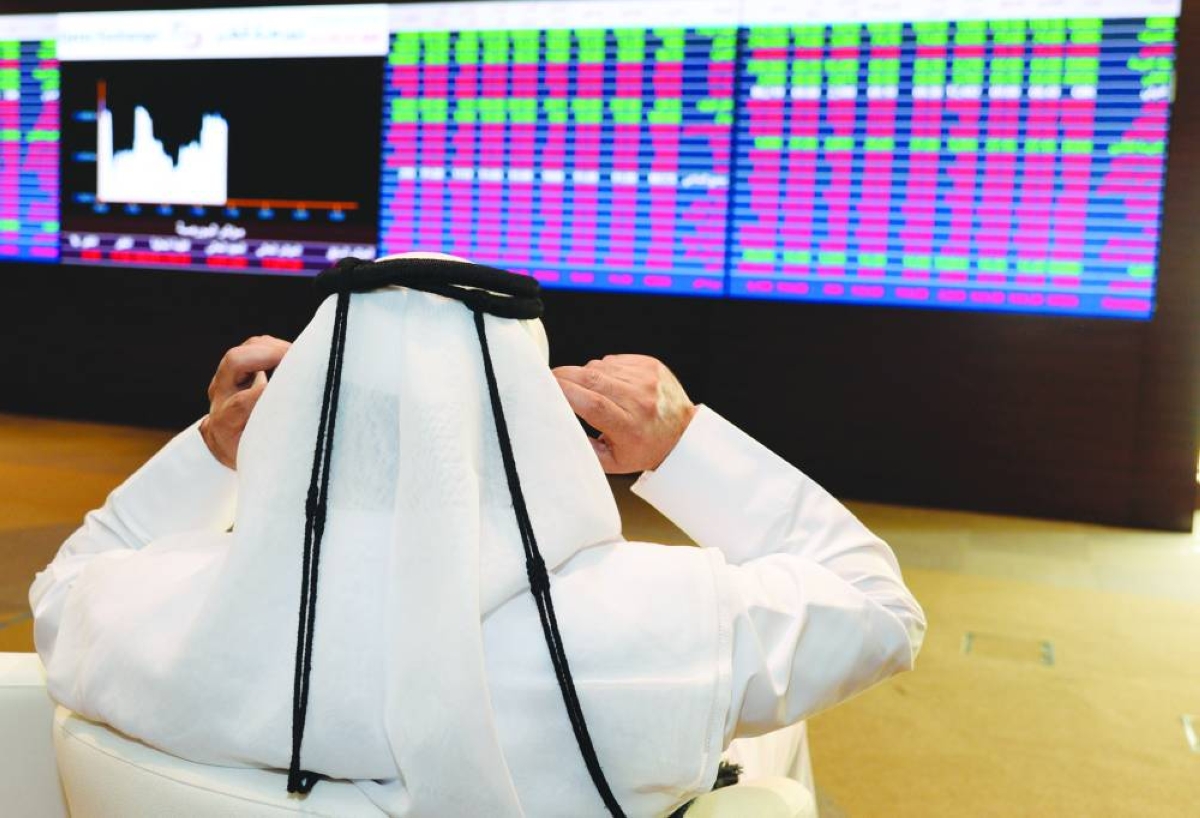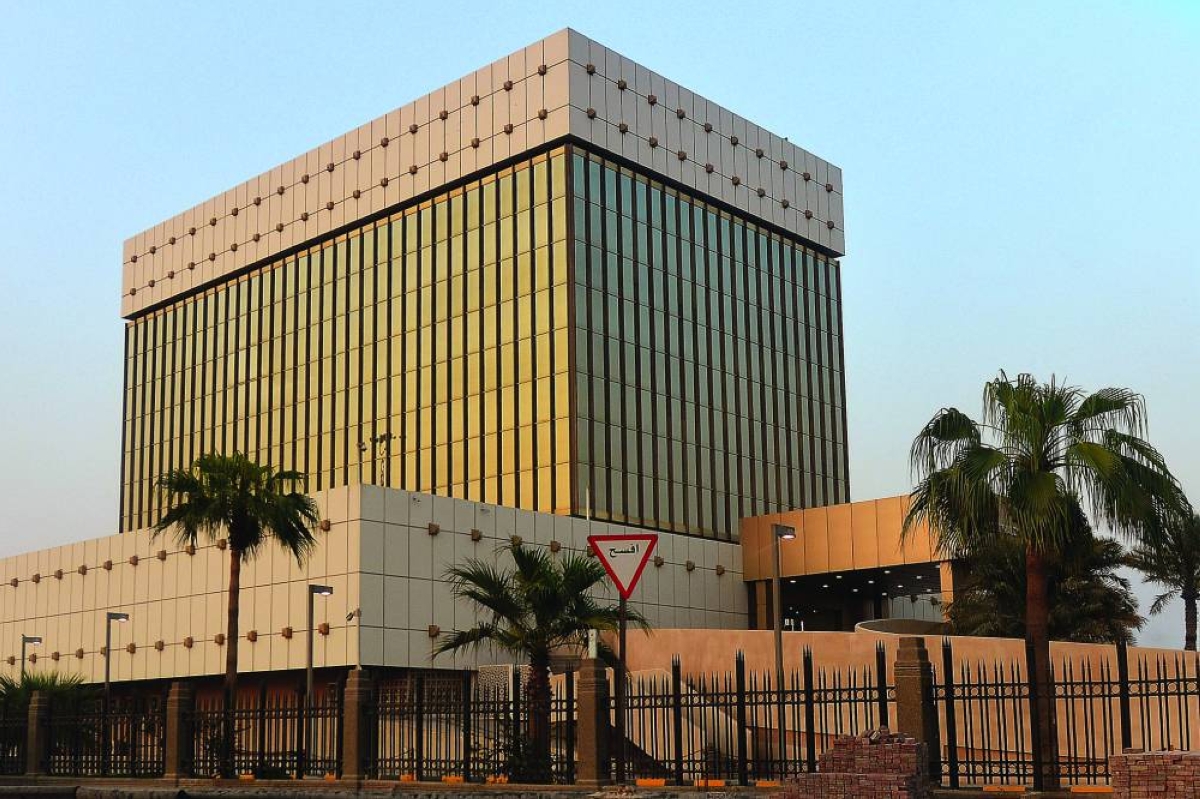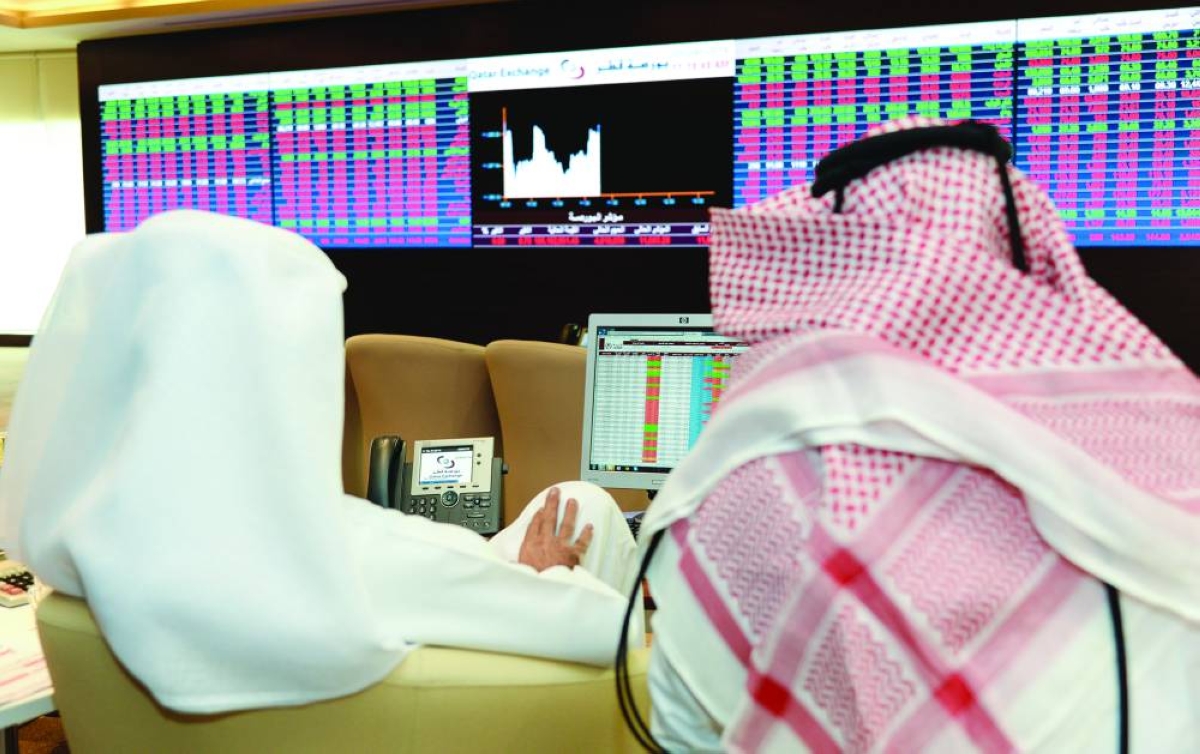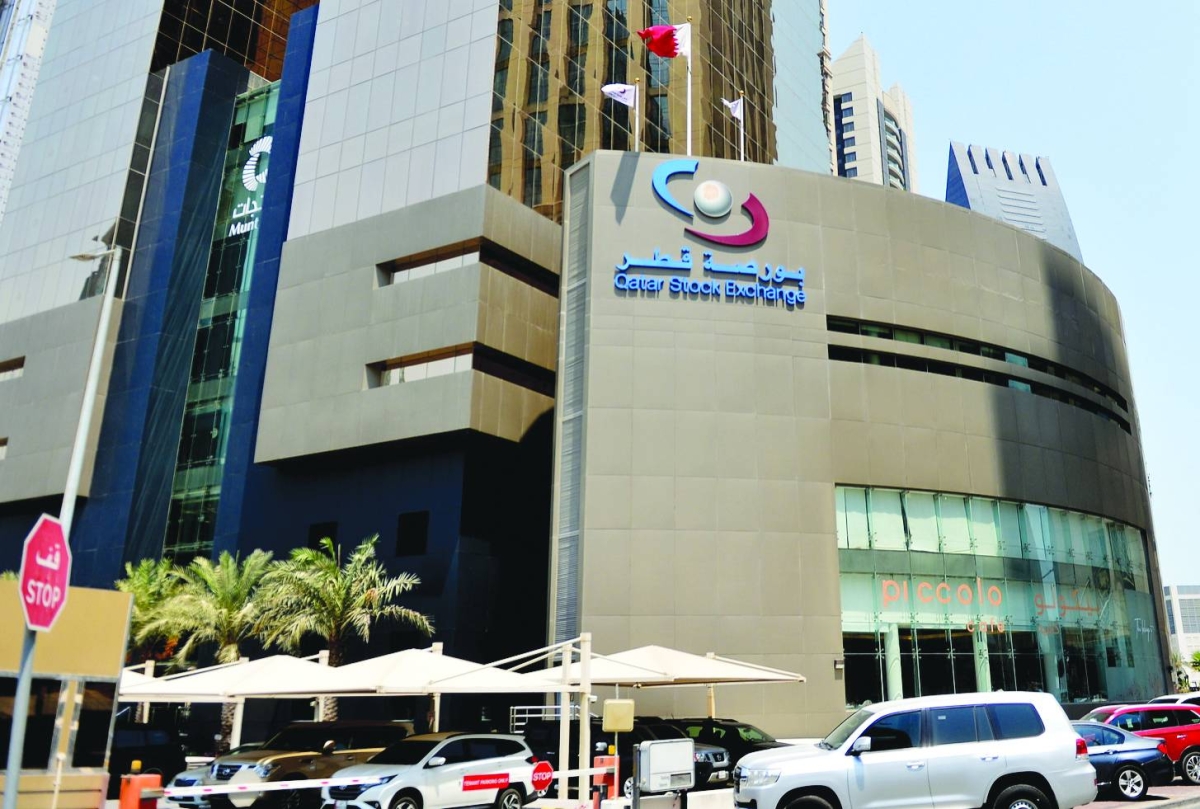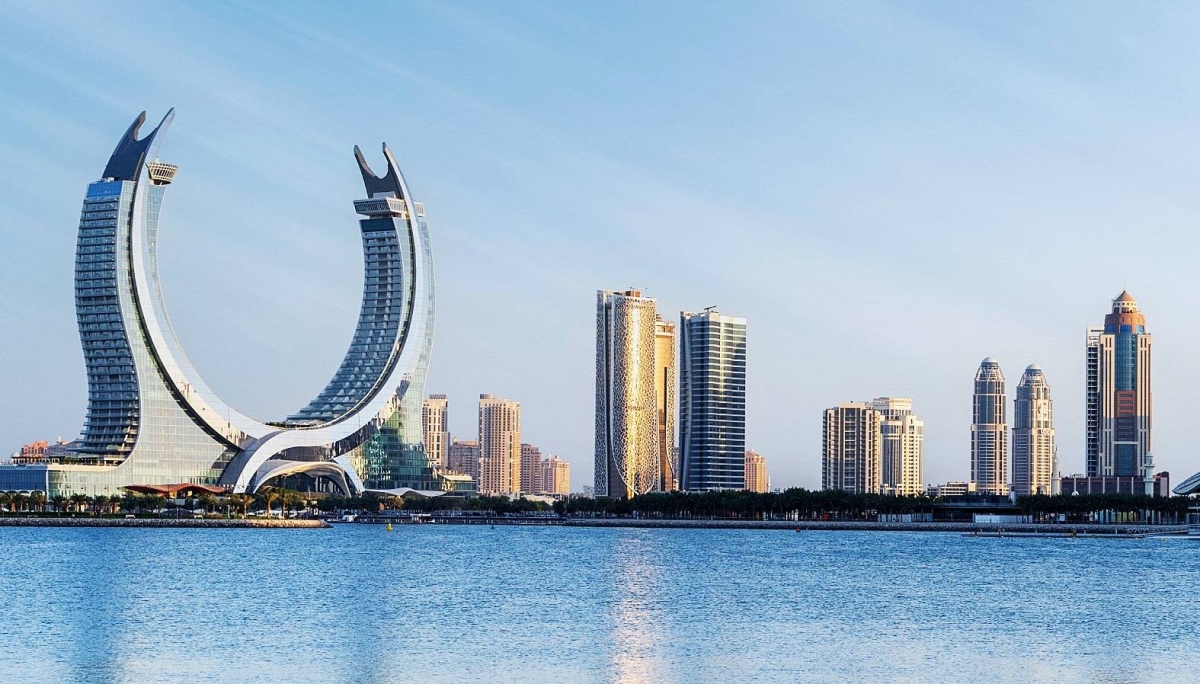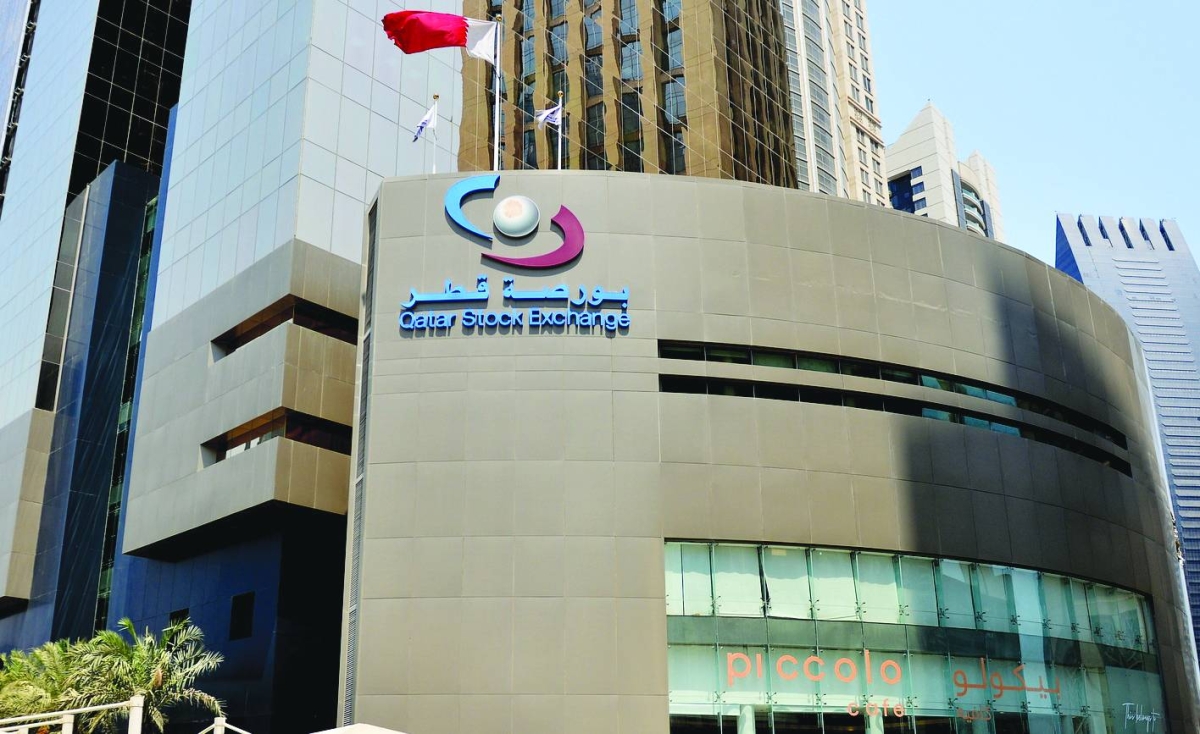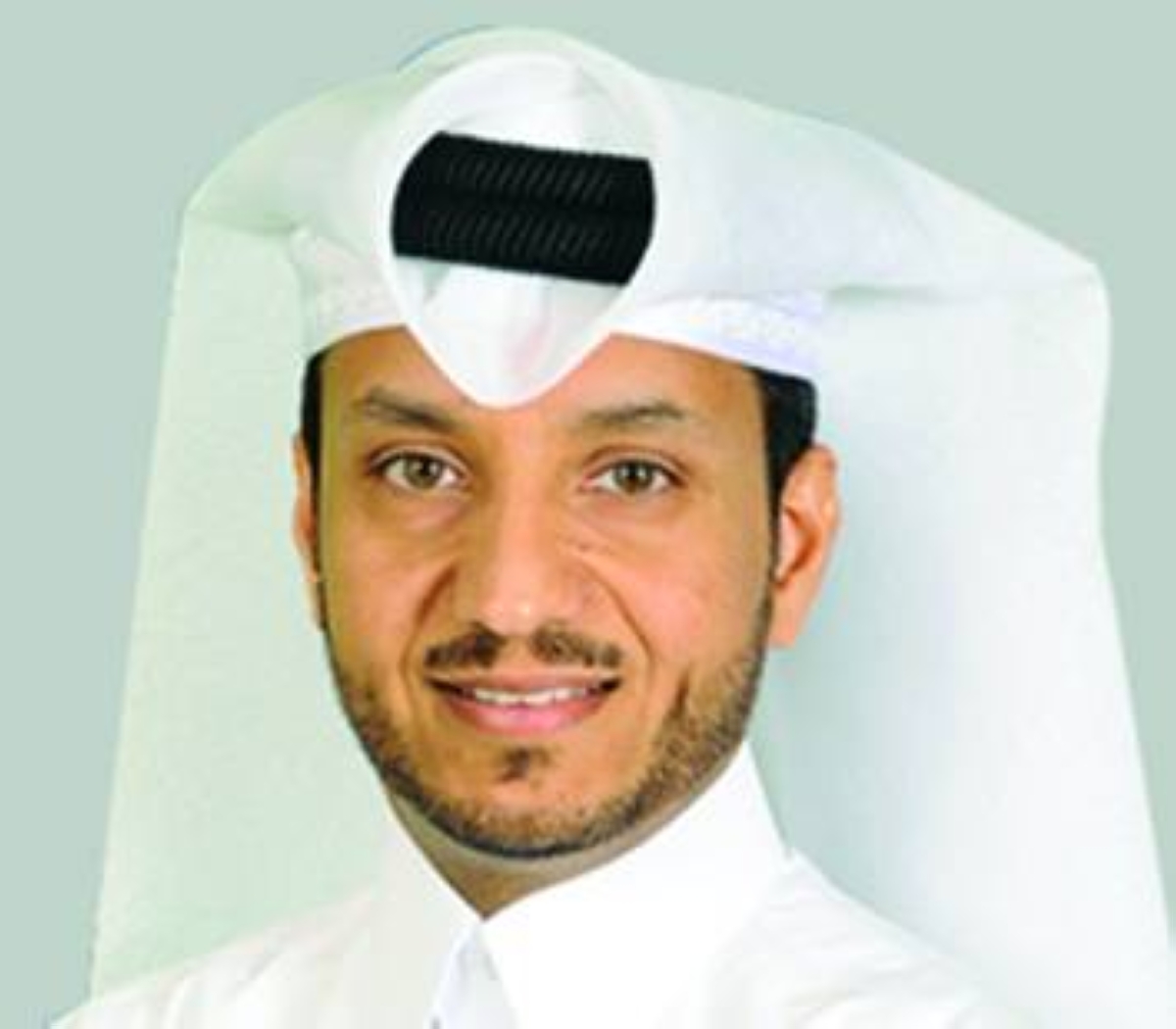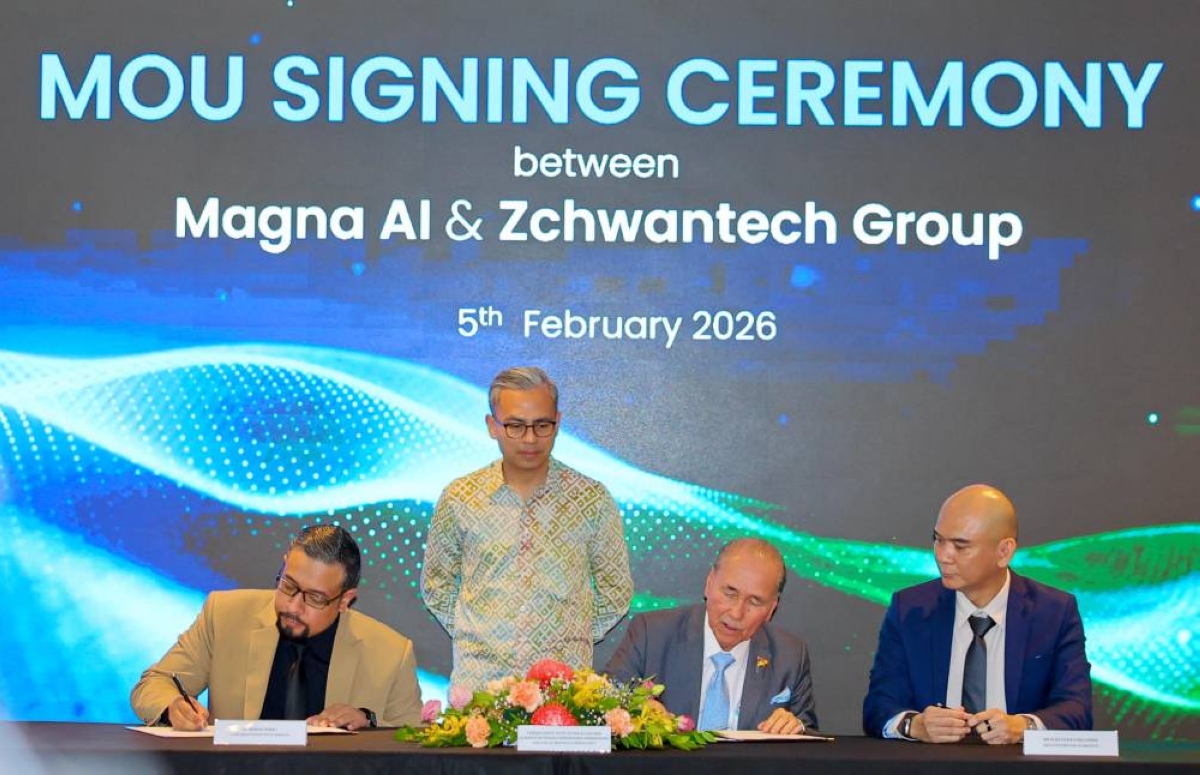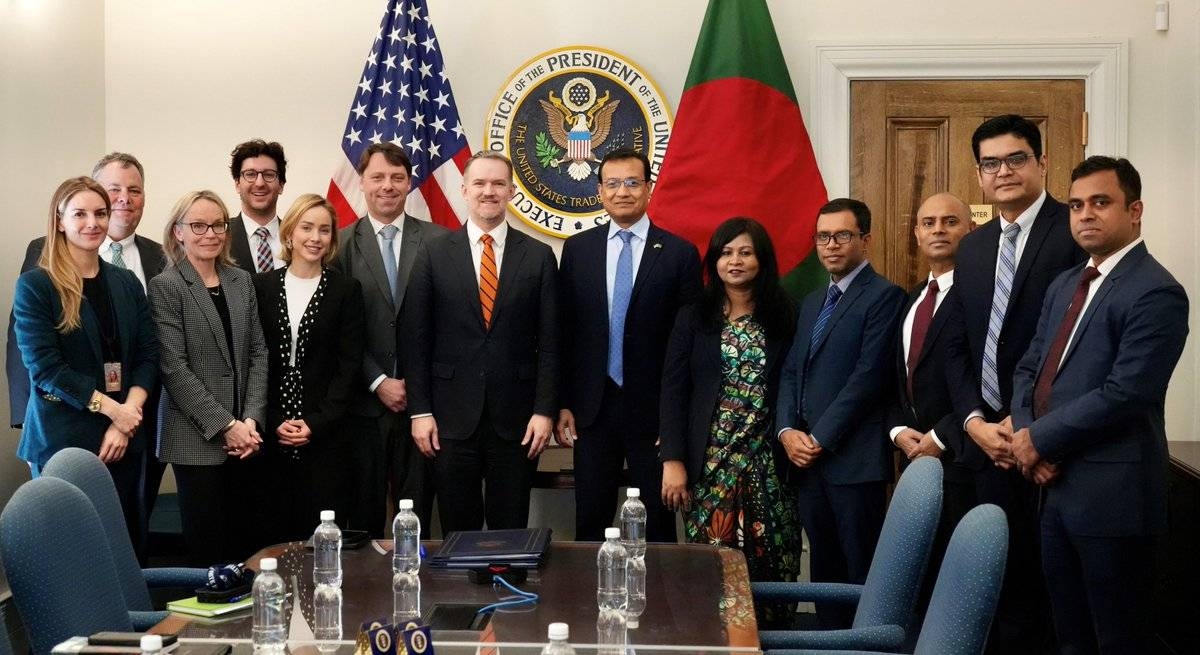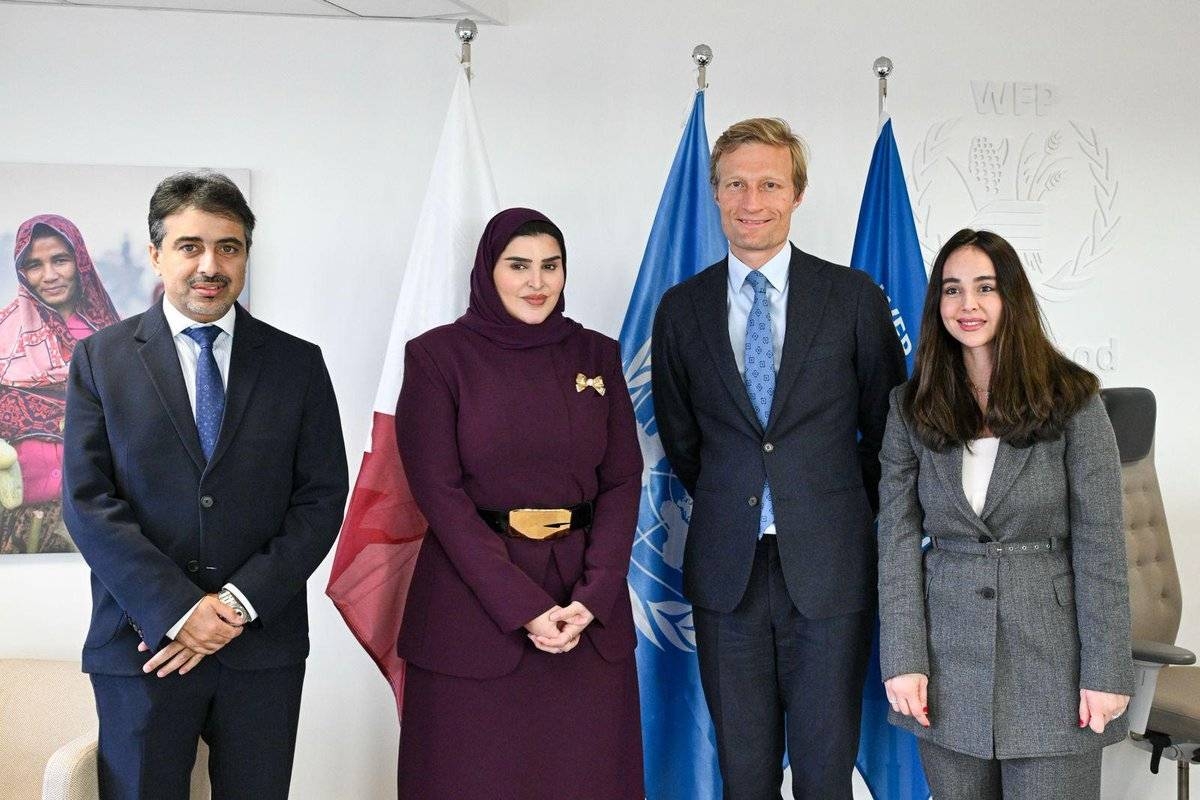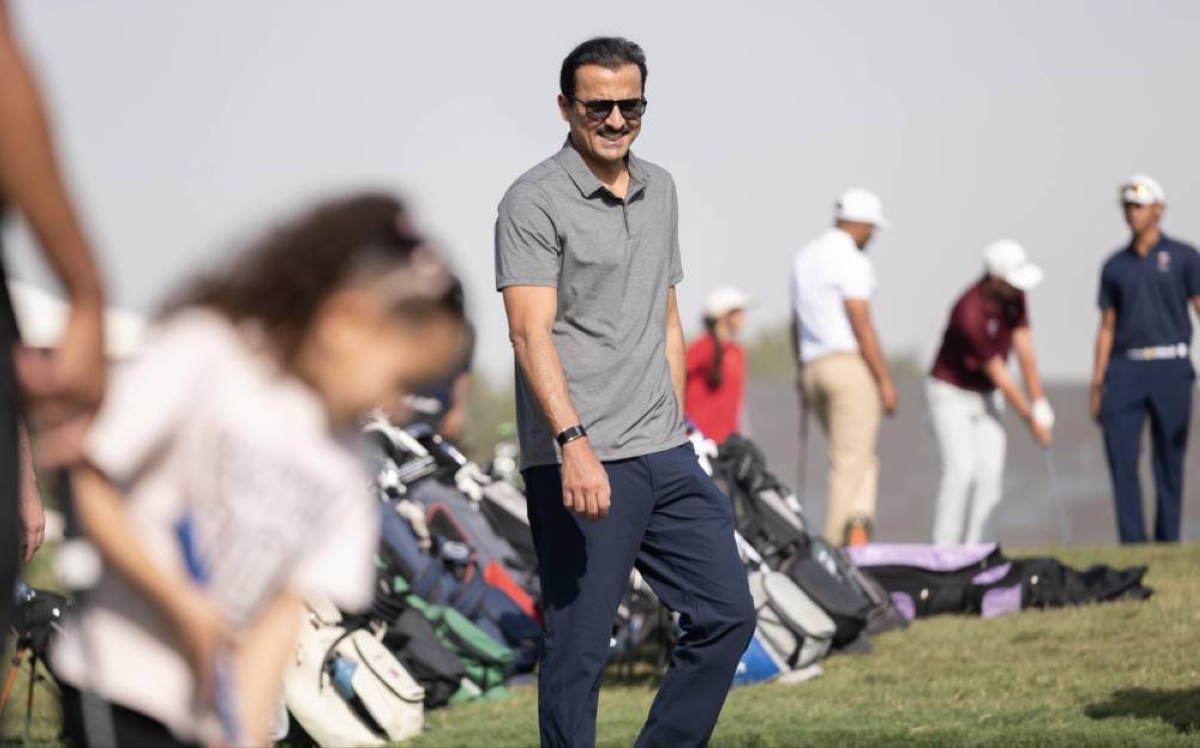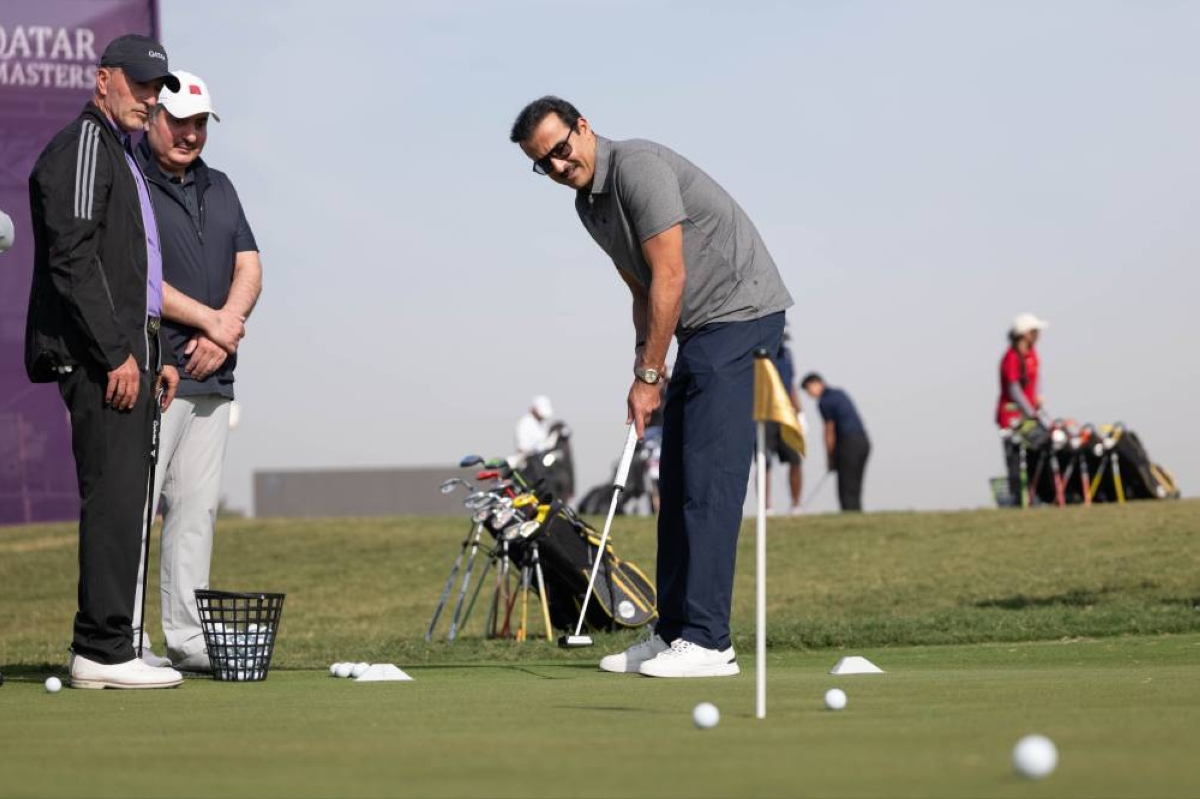The Qatar Stock Exchange (QSE) is undertaking a multi-pronged strategy, which includes a comprehensive liquidity-enhancement agenda and streamlining the IPO (initial public offering) and listing process, as it expects this year a robust pipeline of listings, encompassing new companies and additional bond and sukuk issuances. The local bourse seeks to position it as a comprehensive capital-markets platform capable of supporting different financing needs across economic cycles, according to Abdullah Mohammed al-Ansari, the newly appointed chief executive officer of QSE. “Our primary focus in 2026 is the execution of our new strategic plan and the delivery of the foundational initiatives that will shape the market for years to come. This includes advancing a comprehensive liquidity-enhancement agenda, refining market-making frameworks, strengthening securities-lending functionality and deepening the tools available to both institutional and retail investors,” he told Focus, a monthly publication from the World Federation of Exchanges. Highlighting that the listed companies have increased to 55 with the latest entry of Mosanada Facilities Management Services; he said the momentum is expected to continue into 2026, with a robust pipeline of planned listings, encompassing both new companies and additional bond and sukuk issuances. “This forward pipeline underscores our confidence in the market’s trajectory and reflects the growing willingness of issuers to view QSE as a primary venue for long-term capital formation,” he said. Stressing that product diversification remains a core priority as it continues to expand the range of tradable instruments across equities, fixed income and Shariah-compliant products; al-Ansari said a key component of this execution phase is its work with regulators and market stakeholders to streamline the IPO (initial public offering) and listing process. The objective is to enhance efficiency and clarity across the listing journey while preserving robust governance and regulatory standards, he said, adding by simplifying procedures, improving co-ordination, and reducing time-to-market for prospective issuers, the QSE aims to make it more attractive and accessible venue for capital formation, supporting both private-sector growth and broader economic diversification. In parallel, he said, the QSE is advancing initiatives to strengthen governance, ESG (environmental, social and governance) integration, disclosure quality, and investor-relations practices among listed companies. “Working closely with regulators, academic institutions, and global partners, we are supporting issuers in elevating transparency, sustainability reporting, and engagement with investors. This year, therefore, represents not an incremental step, but the beginning of a multi-year transformation focused on efficiency, competitiveness, and the long-term resilience of Qatar’s capital market,” according to him. Highlighting that the opportunities ahead for QSE span several interconnected areas; he said product diversification remains a key driver of growth, with the continued development of ETFs (exchange traded funds) and sukuk markets, alongside a deeper and more diversified fixed-income ecosystem. Despite a challenging global environment characterised by tightening liquidity and persistent volatility, Qatar’s listed companies delivered stable and resilient performance, he said, adding this resilience has reinforced confidence among international investors and strengthened Qatar’s position as a “stable and attractive” investment destination. The role of QSE in this context “is clear; we must ensure that the capital market can effectively mobilise capital, support corporate growth and provide investors with access to Qatar’s ongoing economic transformation. The convergence of economic strength, structural reform and forward-looking policy gives us a unique opportunity to accelerate market modernisation and long-term value creation,” he added.

Most Read Stories
1
2
3

